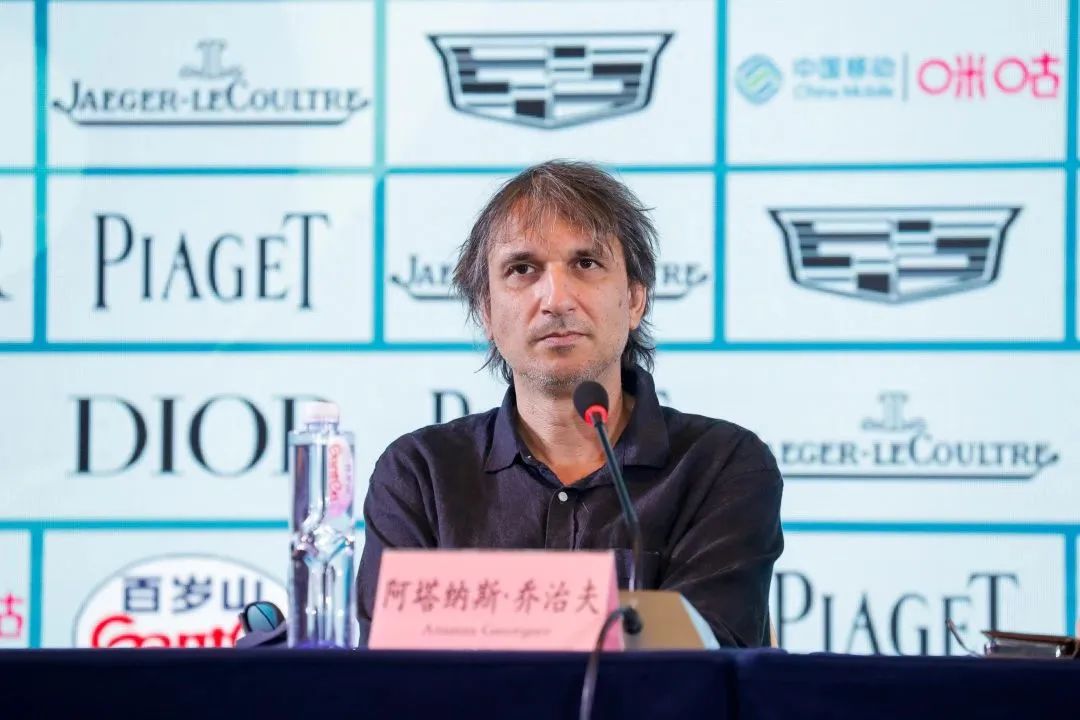Jury Meeting for Golden Goblet Awards|Asian New Talent Shows Increasing Maturity, Young Filmmakers Are Encouraged to Explore Documentaries
On the morning of June 11th, the jury of Asian New Talent and Documentary sections of the 25th Shanghai International Film Festival Golden Goblet Awards made a collective appearance. They praised the emerging filmmakers of today and provided insightful suggestions for their growth.
After reviewing the line-up of the Golden Goblets Award Asian New Talent, the jury who had watched several films said, “The new directors’ works are quite mature, and the subject matters are also innovative. They don’t look like novices anymore.” The jury of the Documentary section also believed that “it is crucial for young filmmakers to explore documentaries to expand their creative paths.”
Asian New Talent Shows Increasing Maturity
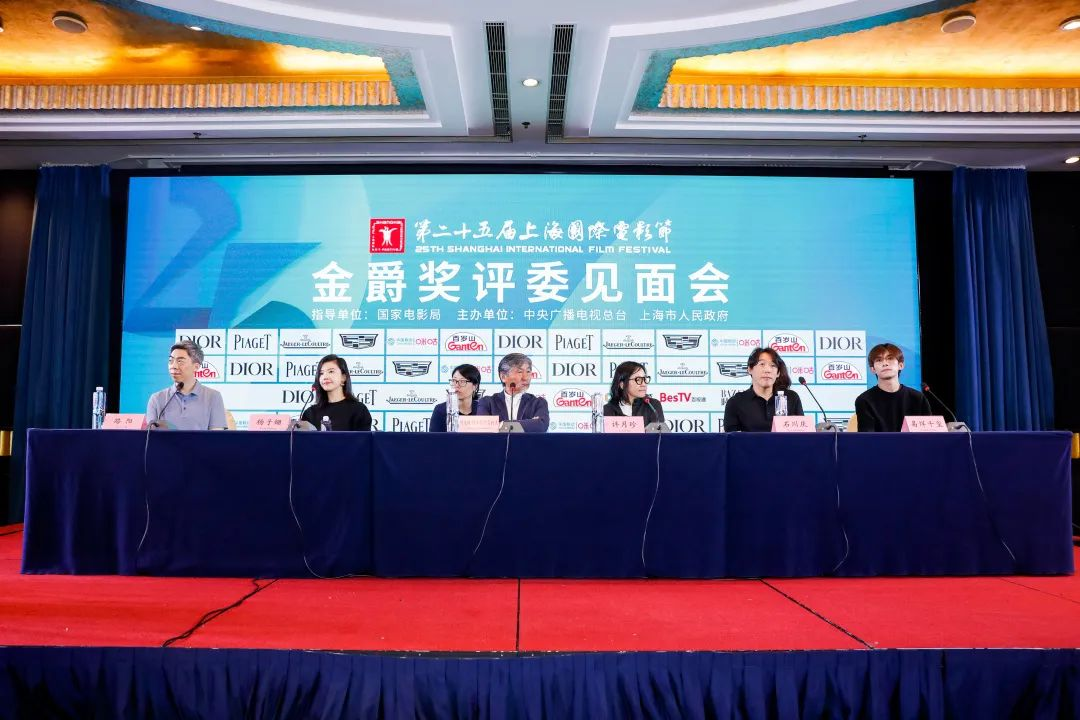
Since its establishment, the Golden Goblet Awards Asian New Talent has discovered emerging film directors from China and other countries and regions in Asia, supported the new forces of Asian cinema and promoted its diverse vitality. Over the years, a large number of Asian new directors have started their careers here, grown and gone global, including Chinese directors like Ning Hao and Pema Tseden. Aktan Abdykalykov, Kyrgyzstan director, screenwriter, and actor, and the chair of the jury for this year’s Golden Goblet Awards Asian New Talent, fully recognized the importance of this section. He said, “This section focuses on the growth of new Asian creators. Our aim is to cultivate and encourage Asian new talents, which can change the development trend of Asian cinema for the better.”
One of the highlights of this year’s Asian New Talent is the rich Central Asian characteristics, with nominated films such as QASH from Kazakhstan and SUNDAY from Uzbekistan. This pleasantly surprised the jury chair, Aktan Abdykalykov, who remarked, “China has always maintained close political, economic, and cultural exchanges with Central Asian countries. The China-Central Asia Summit, which was recently held in Xi’an, emphasized the need to strengthen cultural exchanges between China and Central Asian countries. As filmmakers, we need to seize this opportunity.”
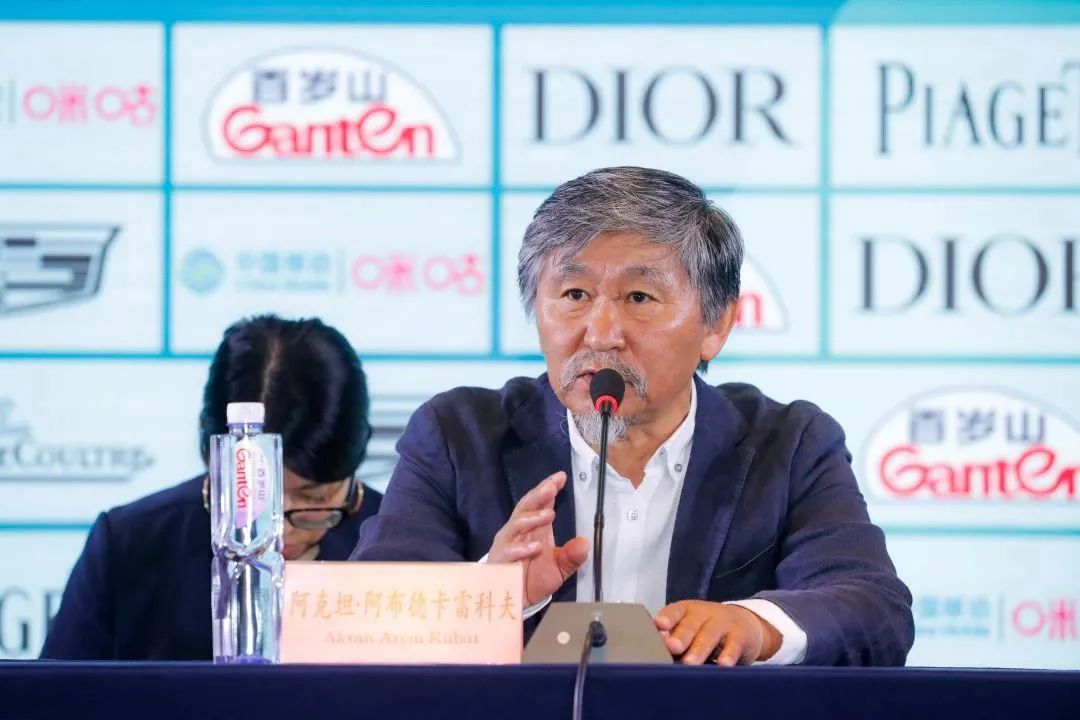
Renowned executive producer and jury member Xu Yuezhen has previously collaborated with director Ho-sun Chan on critically acclaimed and commercially successful films such as BODYGUARDS AND ASSASSINS and AMERICAN DREAMS IN CHINA. She is also skilled at supporting new directors and has discovered talents like Derek Tsang, director of SOUL MATE, and Derek Hui, director of THIS IS NOT WHAT I EXPECTED. Derek Hui has participated in SIFF Project twice before. In her new role as a jury member, she pointed out that new talents represent infinite possibilities – they can film anything and tell any story. Having already watched three nominated films, she was surprised by the performances of these new talents. “These so-called new talents are artistically mature, and their subject matters are innovative, so we have raised our judging criteria accordingly.”
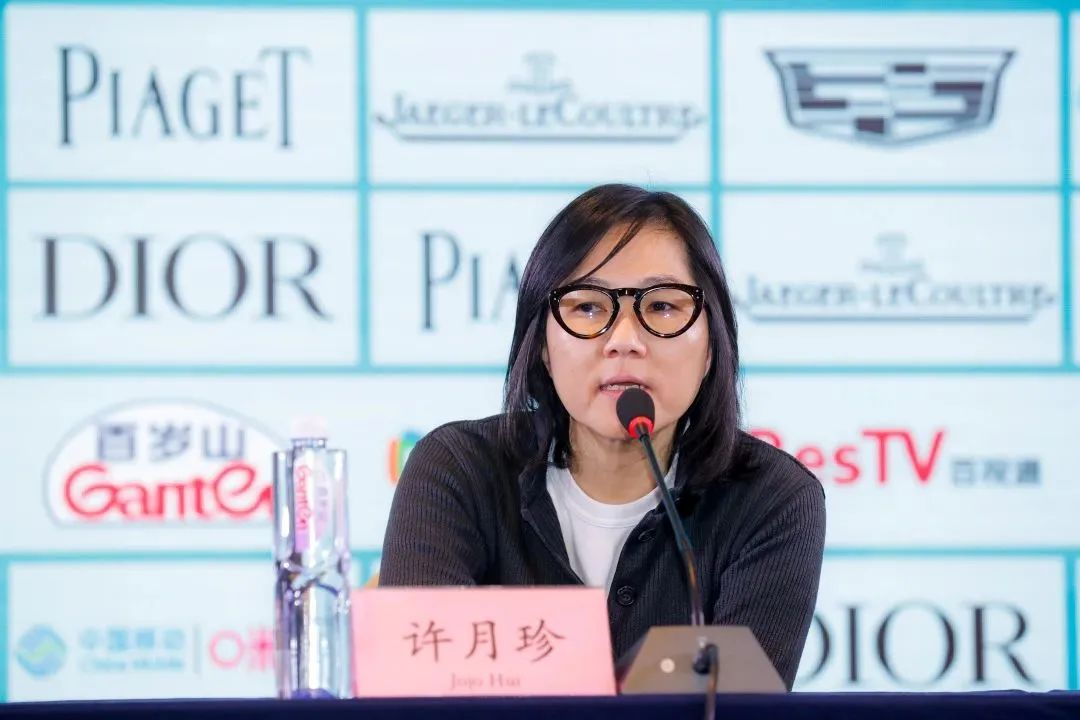
Actress Yang Zishan, making her debut as a jury member for Asian New Talent, remarked, “None of the nominated directors seem like novices. Their filmmaking styles are incredibly mature, and their works are complete. Everyone has different preferences and perspectives when watching movies, so our judgment criteria are based on which film can really touch us.”
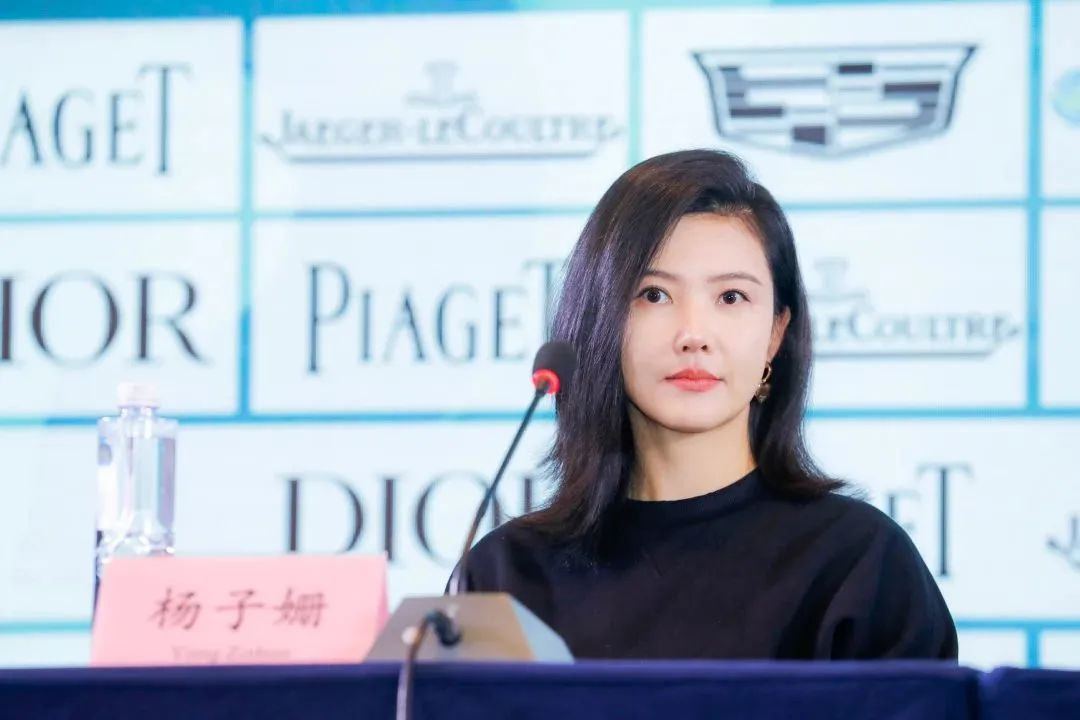
New Creators Should Bring Strong Feelings to Their Creations
Judge Kei Ishikawa from Japan is a rising director in recent years. His film A MAN was nominated for Best Film in the Horizons section at the 79th Venice Film Festival. As a highly anticipated new director himself, Kei Ishikawa has some insightful advice for new creators. They tend to focus too much on the techniques, but he emphasizes that “the technique is not the most important thing, and new creators should bring strong feelings to their creations. When I made my first and second films, I was led by a strong belief, and this is also what I expect from new directors.”
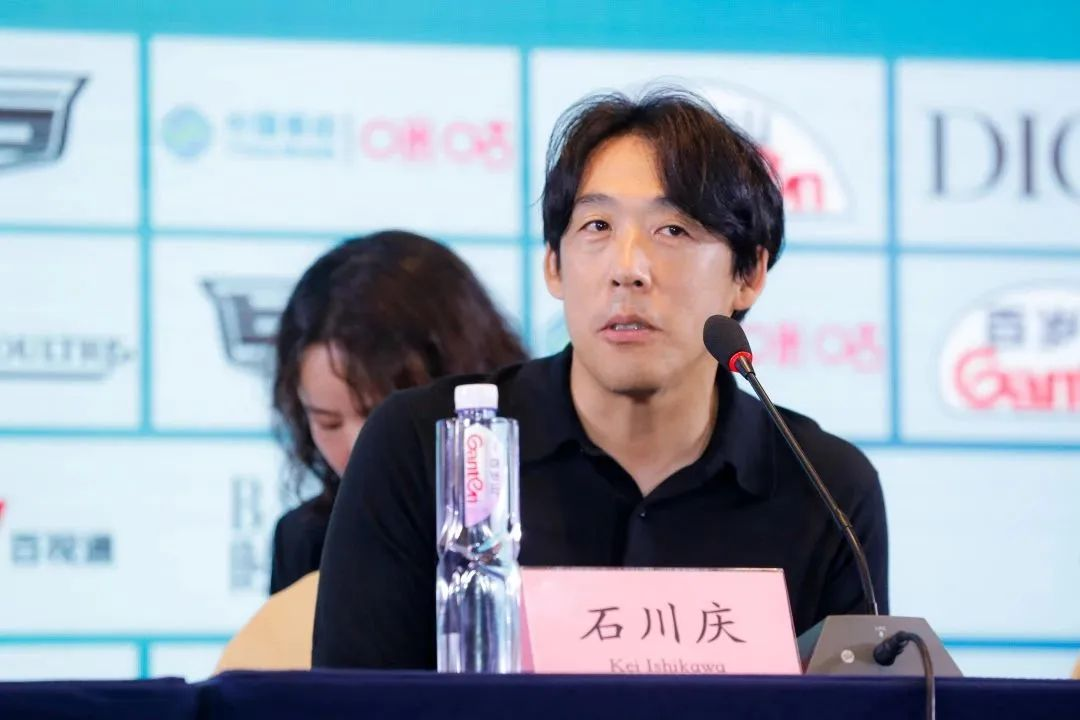
With innovative films like BROTHERHOOD OF BLADES and A WRITER’S ODYSSEY, young director Lu Yang has started to shine in the film industry. He is now about to continue his success with sequels of these two films in development. As a rising director who intends to create serial films from the beginning of his career, Lu Yang shares his experience: “At the initial stage of creation, try to think about how to tell an entertaining story. Find the conflicts within the characters and the story itself that interest us the most. Conflict itself will give us direction. As for the possibility of creating serial films, we have to consider if there are other stories worth telling after the current film is completed.”
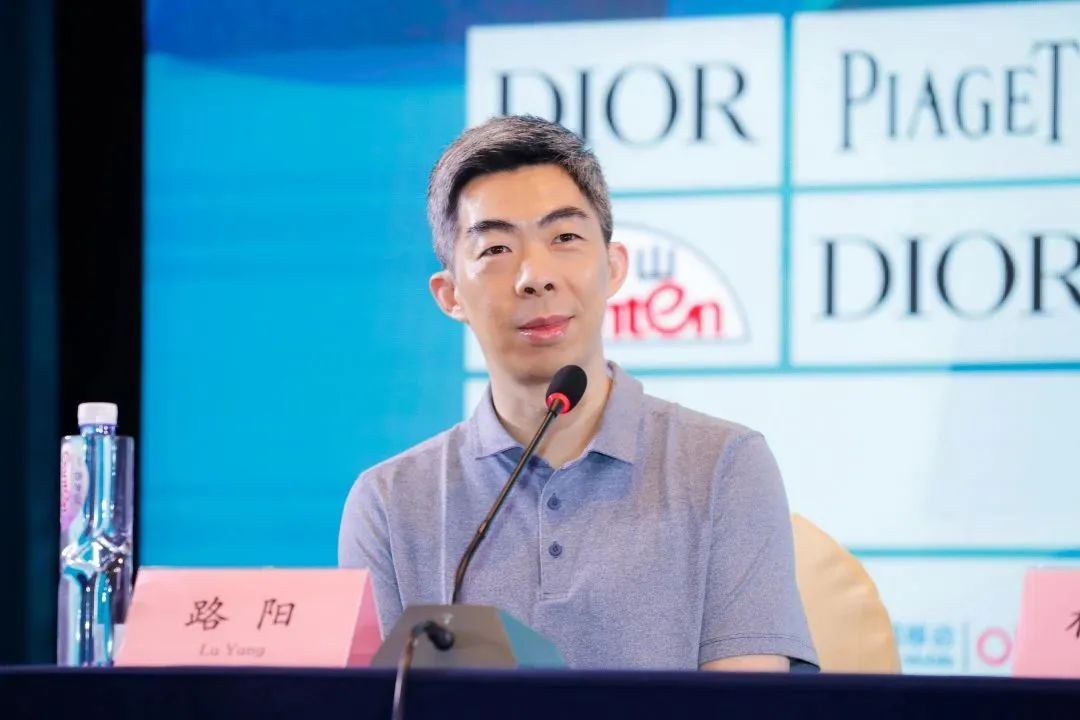
Jackson Yee is the youngest jury member for Asian New Talent and also in the history of the SIFF. He amazed audiences with his debut in BETTER DAYS and received several new talent awards. Transitioning from a young actor to a young jury member, Jackson Yee stated that when evaluating works, he still tries to feel the emotions of the film from the audience’s perspective. “A film, with such a complicated division of labor, reaches the hearts of the audience most directly through emotions. And then there are the thoughts it expresses or deeper themes. The deepest layer is what professional filmmakers think about, that is how the technology is implemented.”
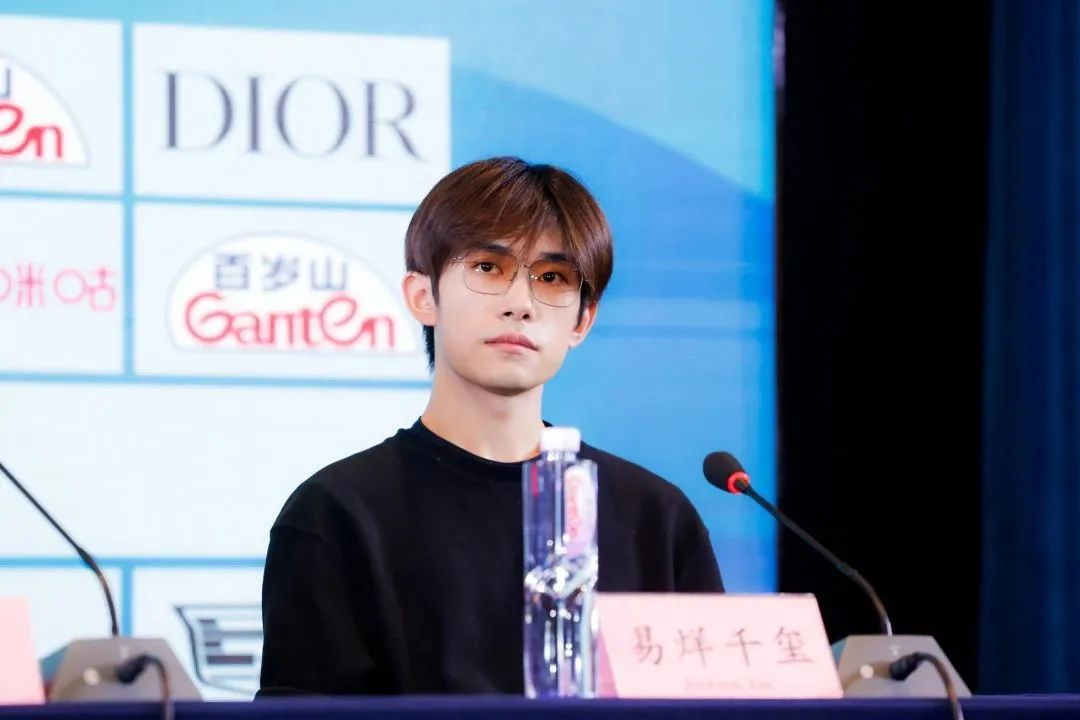
Young Filmmakers Should Explore Documentaries to Expand their Creative Paths
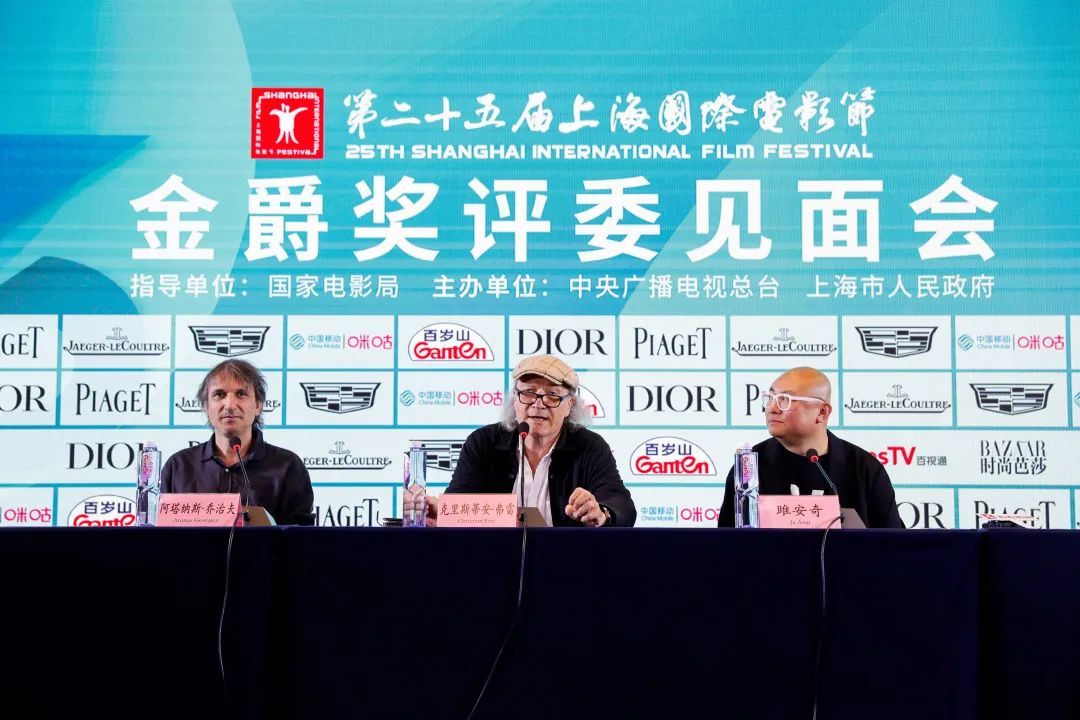
Christian Frei, Swiss director and Chair of Jury for Documentary, is hailed as a documentary master. He was nominated for an Oscar for Best Documentary Feature in 2002 for his film WAR PHOTOGRAPHER. Frei often has flashes of creative inspiration in a particular moment when shooting documentaries. “A country or a family is like a photo album, and at a certain moment, I know that it will be the documentary I want to make in the future. Typically, making such a documentary needs about four years in preparation.” Regarding the themes of documentaries, as long as the story is true and resonates with human emotions, Frei will do it. “As long as I can shout for these people, I have a responsibility to do this.”
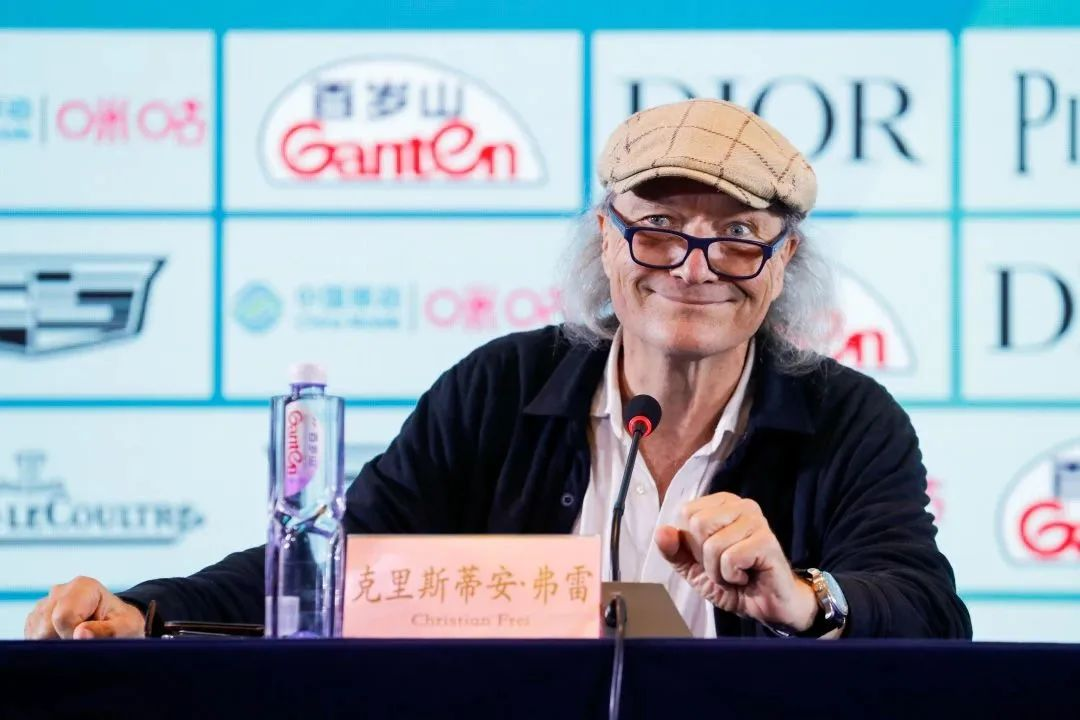
Jury member Ju Anqi has deep connections with the SIFF. As early as 2009, he had a script that received investment at the SIFF Project, and his latest documentary BUILDING is also to be screened at this year’s festival. Ju Anqi started his filmmaking career with the documentary THERE'S A STRONG WIND IN BEIJING and later explored both documentaries and drama. “This semi-documentary approach has become a clue for my creative process, blurring the boundaries between documentaries and drama. Making documentaries is beneficial for various creations. The improvisational skills required in documentary filmmaking are crucial training for a director’s perspective and on-set coordination. It is crucial for young filmmakers to explore documentaries to expand their creative paths.”
BUILDING, to be screened at this year’s SIFF, is the first installment of Ju Anqi’s trilogy of Chinese architectural heritage. The second installment FACTORY focuses on industrial architectural heritage, and the third installment VILLAGE centers around rural architectural heritage. “I am capturing these architectural heritages in an almost amateurish manner. They serve as a bridge between the past, present, and future. This trilogy may not be visually stunning, but what’s important is to form a ‘document,’ a window for the world to see Chinese architecture.”
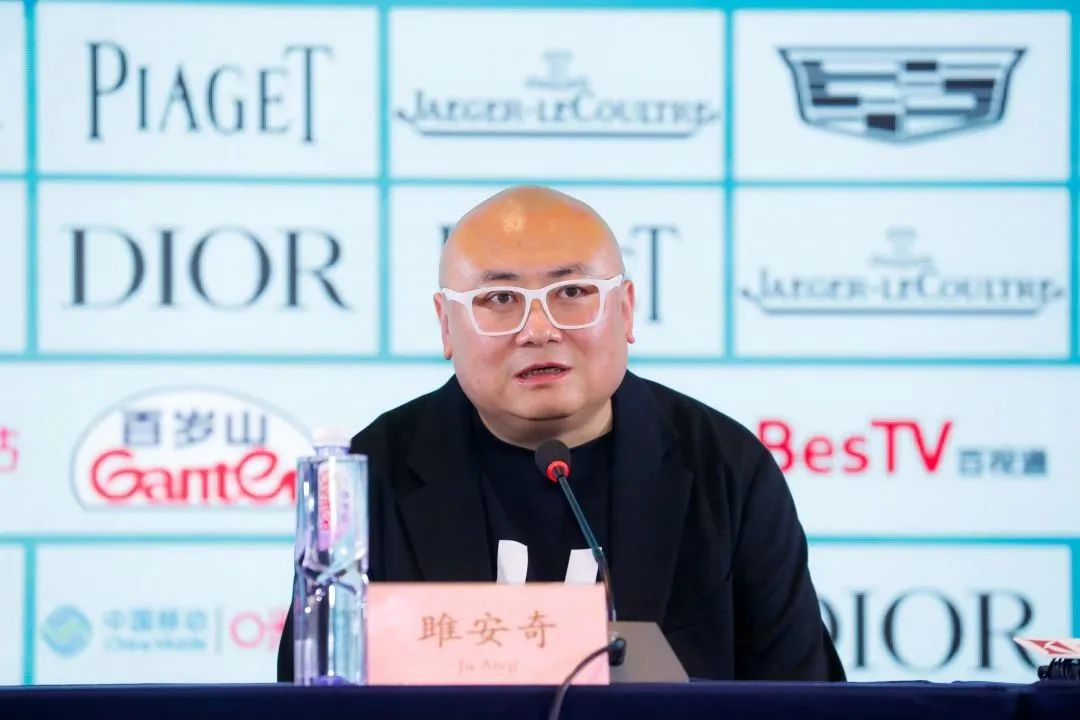
Jury member Atanas Georgiev is an editor from North Macedonia. From a professional perspective, there is a stark difference between editing documentaries and drama. “When editing a documentary, I must help the director find the main storyline and visualize the concept. It’s not easy to find clues when there is a massive pile of material and information. Although documentary editing poses many challenges, it is indeed very interesting.”
